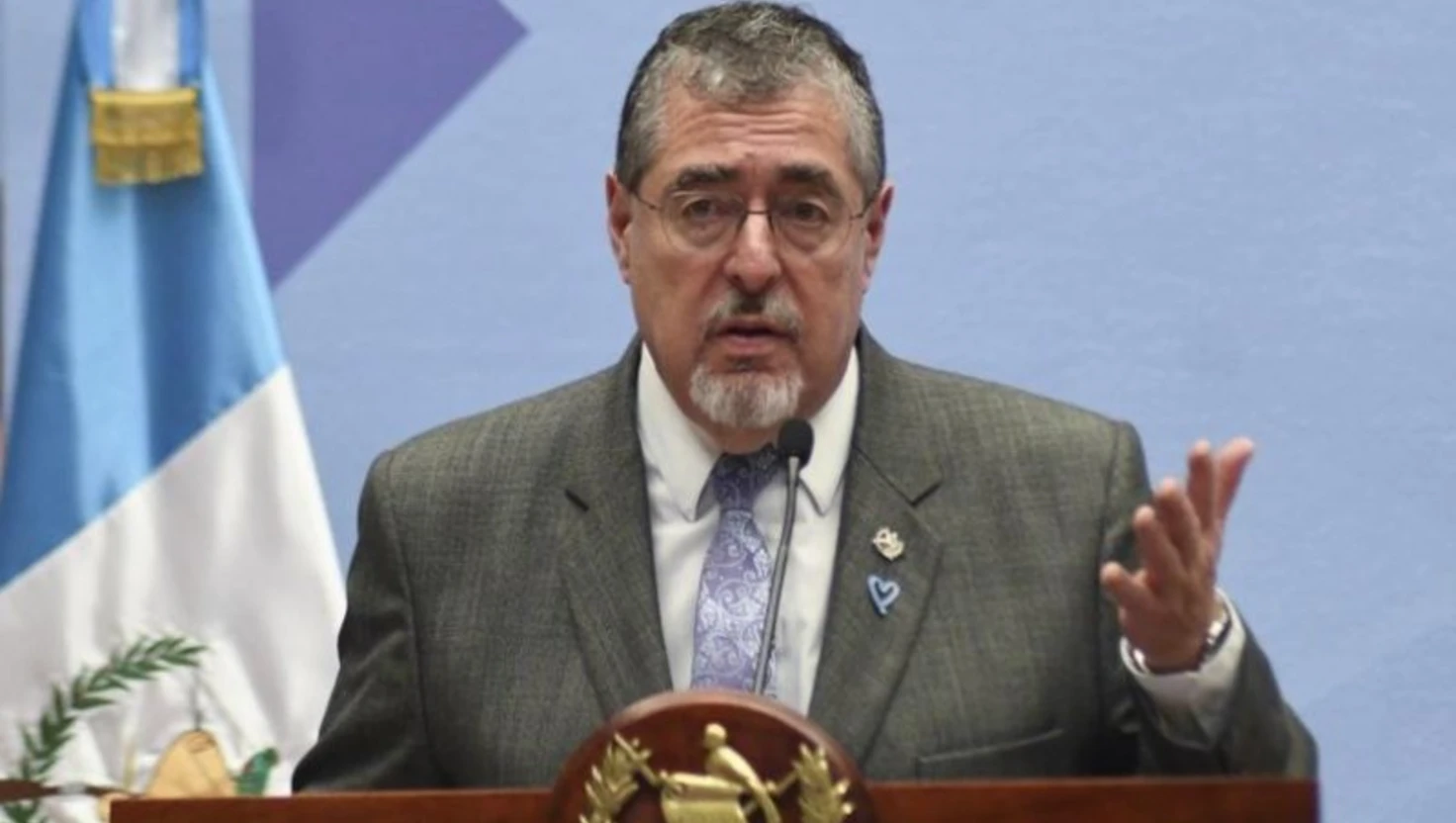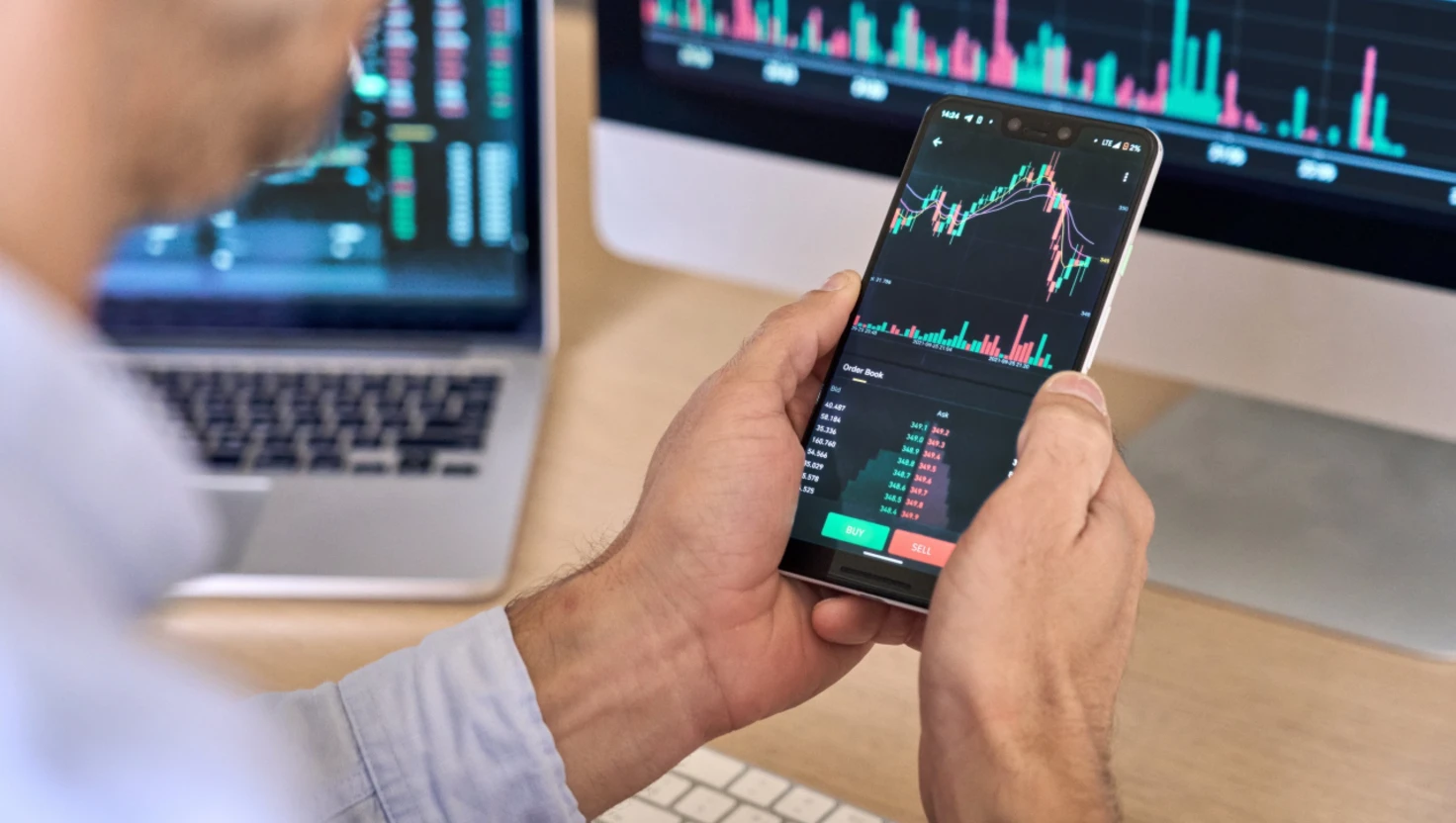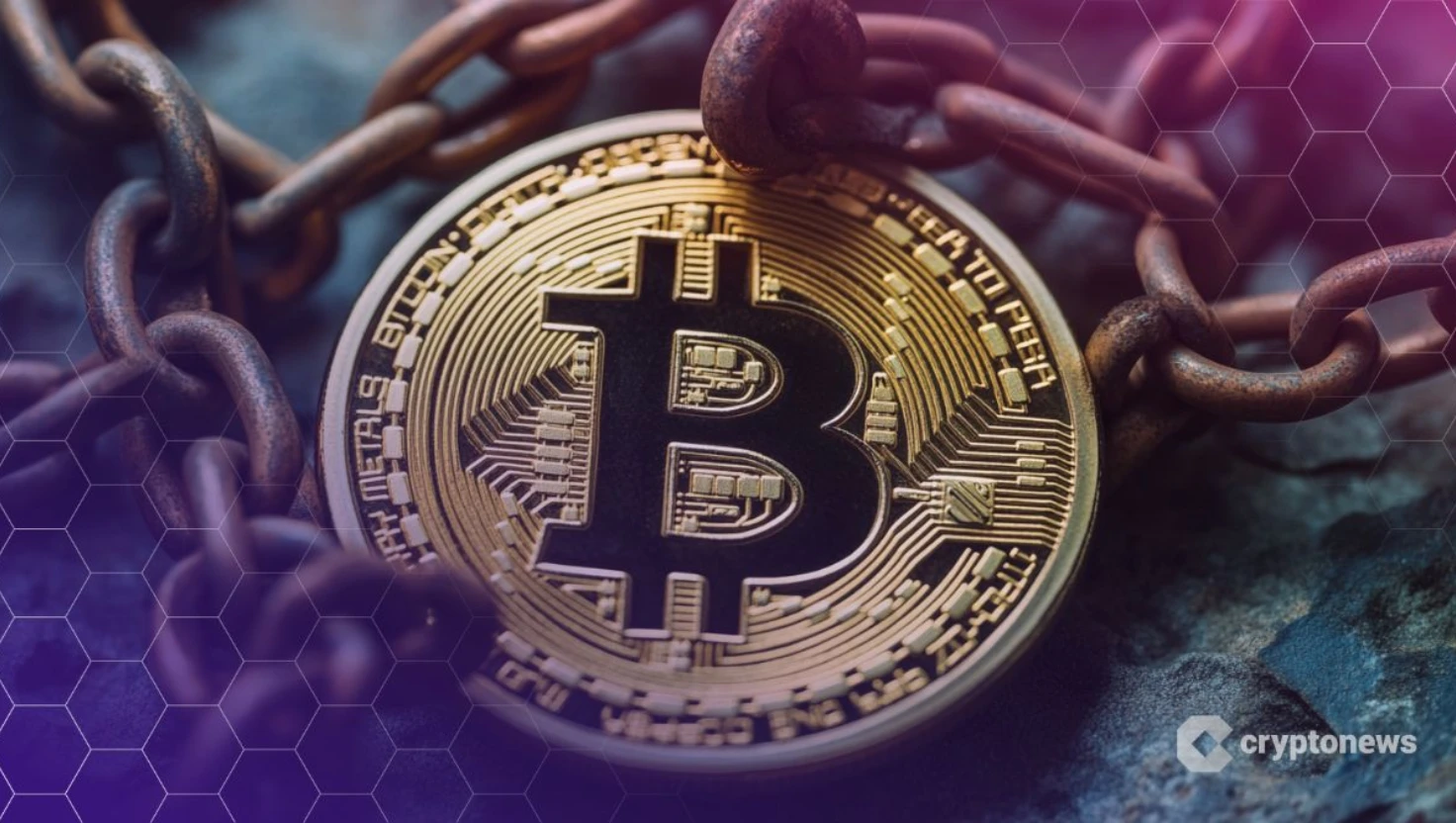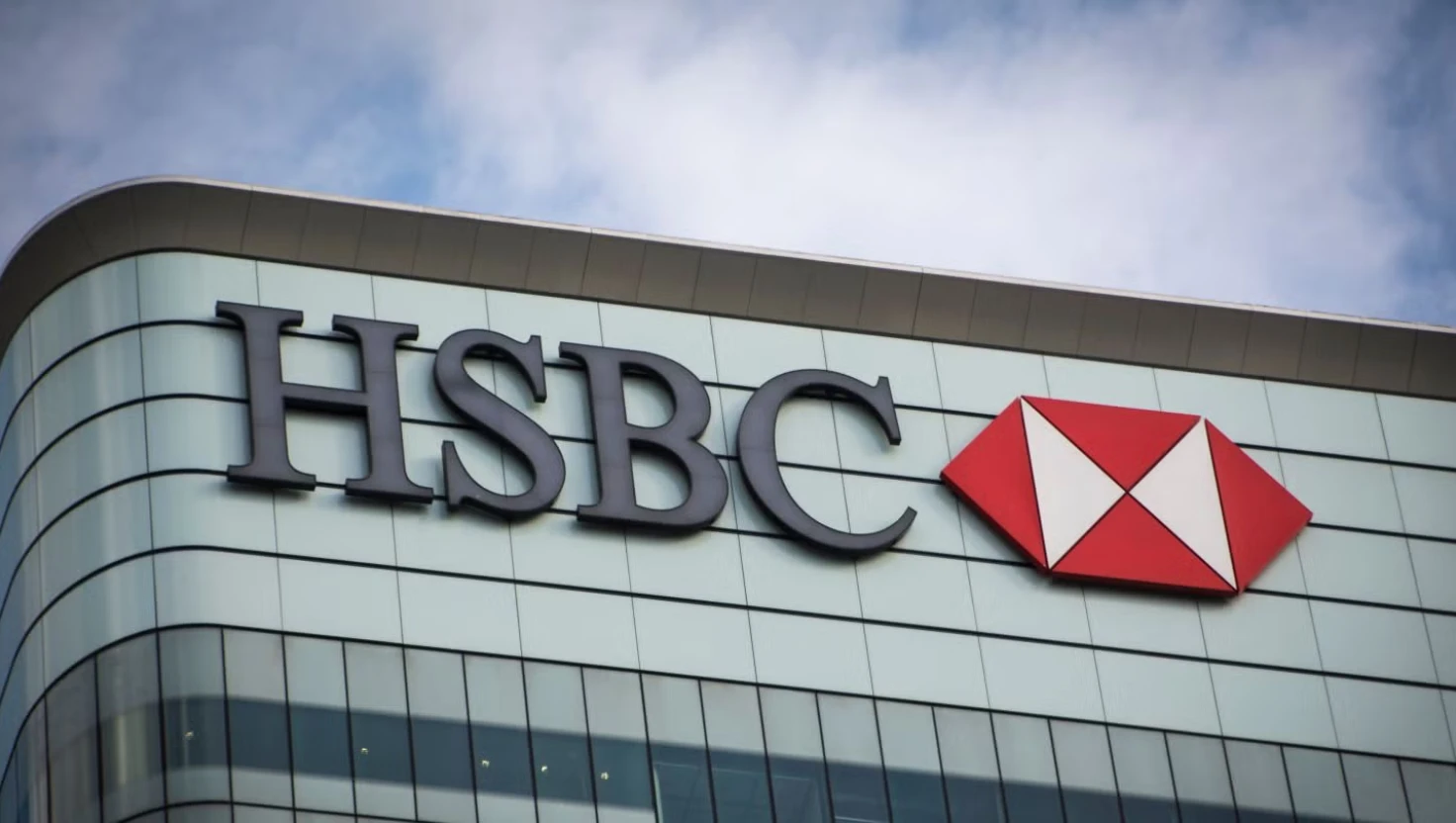Guatemala modernizing money laundering laws to avoid international sanctions

On July 31, the Guatemalan government unveiled a significant legislative initiative aimed at modernising its money laundering laws. This move is intended to prevent the country from being designated as a "gray list" jurisdiction by the Financial Action Task Force (FATF), which could raise borrowing costs and limit access to global credit.
President Bernardo Arévalo presented the bill to Congress, describing it as a strategic measure to combat organised crime and drug trafficking. In a statement made during the launch of a new programme intended to integrate Guatemalan businesses into Walmart’s supply chain in Central America, U.S. Ambassador Tobin Bradley emphasised the importance of the proposed law, stating, "The new anti-money laundering law is a platform for transparency and for attracting more investment to Guatemala."
The new proposal seeks to replace laws dating back to 2001 and 2005, which officials have deemed outdated and ill-equipped to address the complexities of contemporary money laundering and illicit financing activities. The legislation significantly broadens the scope of entities that must adhere to stringent controls. This includes mandatory reporting of suspicious transactions and the appointment of compliance officers within organisations.
In addition, the bill envisions reforms to multiple legal frameworks, including the Penal Code, Commercial Code, and the Law Against Organised Crime, as well as regulatory updates for private security entities.
Failure to pass this reform could result in Guatemala being placed on the FATF's gray list, which comprises jurisdictions identified as having substantial weaknesses in their anti-money laundering and counter-terrorist financing protocols. Countries appearing on this list face enhanced scrutiny and must correct identified deficiencies within specified timeframes.
President Arévalo highlighted the serious implications of being added to such a list: "Being included would significantly restrict international transactions, raise the cost of external financing, and limit access to credit. It may result in local banks losing their ability to transact with international financial institutions, impacting essential services for the Guatemalan populace, such as remittances and international payments."
The success of this legislative effort hinges on the level of political backing the administration can garner within Congress, where it currently holds a minority position. The executive branch has initiated informal discussions with various congressional factions and intends to make formal presentations to committees and political groups when lawmakers return from their summer recess.
Since 2022, Guatemala has received warnings from the Latin American arm of the FATF regarding its failure to introduce necessary legislative reforms. Both the Inter-American Development Bank and the International Monetary Fund, alongside the World Bank, have cautioned that without substantial new legislation, Guatemala is likely to receive negative assessments in the upcoming FATF plenary meeting, expected in October.
The Arévalo administration views the proposed reform as a vital step toward modernising the country's institutional and legal frameworks, with hopes that it will not only enhance transparency but also foster a more attractive investment climate.

Turkish Crypto Platform ICRYPEX Under Investigation for Money Laundering

Italy seizes €486 000 in investigation into money laundering

UK Sounds Alarm on New Money Laundering and Terrorist Financing Threats

AML Bitcoin founder Sentenced to 7 Years for Money Laundering




